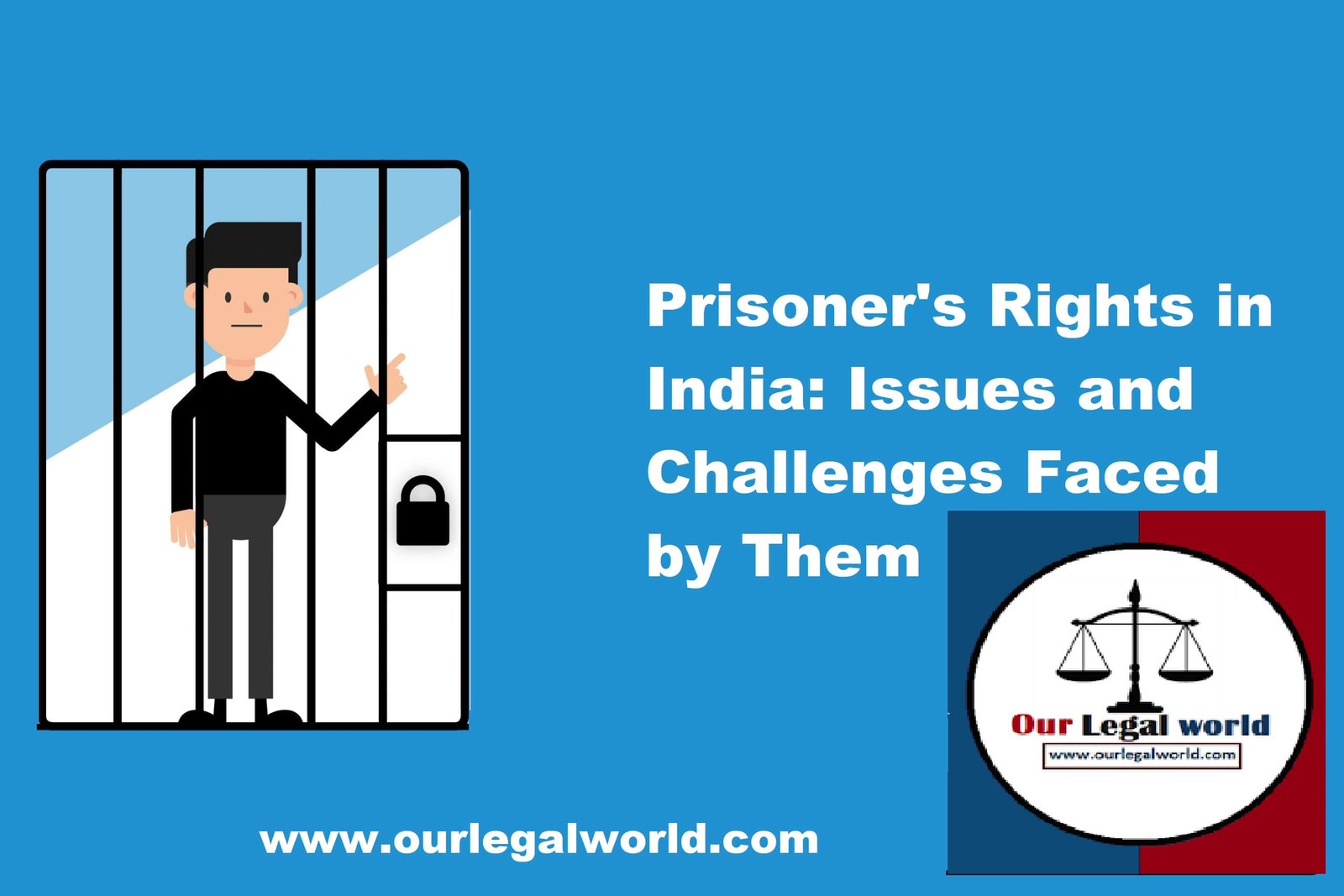Custodial death and Violence in Indian with Case laws
The concept of custodial death and Violence is not new for the Indian society. During British rule, people have been dying or torture in police custody during the investigation. India has time and again witnessed the basic fundamental rights of the prisoners being shattered and the use of coercion and torture to take the favourable statement. Violation is the core of any criminal justice system and the initiation of its action.
The incidents of brutal police behaviour toward persons detained on suspicion of having committed crimes is a routine matter. There has been a public outcry from time to time against custodial death and custodial violence.
The Supreme Court of India has taken a very positive stand against police atrocities, intimidation, harassment and use of third-degree methods to extort confession. Indian Judiciary has characterised all this as being against human dignity. The expression ‘life’ in Article 21 means right to live with human dignity and this includes a guarantee against torture and assault by the State.
Torture or violence in simple words or in a layman’s language means ‘cruelty’, ‘atrocity’, and ‘hurt’ deliberately causing great pain- physical and mental in order to punish or to get information or to forcibly make one to confess to something.
Custodial violence means any kind of violence occurring in the custody whether legal or not, which is not warranted by the law of the land. Violence may be subtle or extreme like abusing, emotional or physical violence, thrashing and beating, rape or even death.
PRIMARY RIGHTS OF A PERSON
Macklin Fleming listed the following as the primary rights of a person :
i) Every person has a right to life.
ii) Every person has a right to inviolability of his or her body.
iii) Every person has a right to freedom of movements.
iv) Every person has right to security of person.
v) Every person has a right to security of habitation.
vi) Every person has a right to security and enjoyment of the property.
TYPES OF CUSTODIAL VIOLENCE
- PSYCHOLOGICAL VIOLENCE
- PHYSICAL VIOLENCE
- SEXUAL VIOLENCE
INTERNATIONAL LEGAL FRAMEWORK
The UNIVERSAL DECLARATION OF HUMAN RIGHTS has certain provisions that prohibit torture :
- Sec. 5 states that No one shall be subjected to torture or to cruel, inhuman or degrading treatment of punishment.
- Sec. 8 states that Everyone has the right to an effective remedy by the competent national tribunals for acts violating the fundamental rights granted him by the Constitution or by Law.
CONSTITUTIONAL SAFEGUARDS:
- Art. 20 : Right to protection against the conviction of offences.
- Art. 21 : Right to Life and Liberty.
- Art. 22 : Right to protection against arrest and detention in certain circumstances:
Being informed of the grounds of arrest.
- To be defended by a legal practitioner of his choice.
- Not applicable to an enemy alien.
- Production in the nearest Magistrate with 24 hours of arrest.
NHRC GUIDELINES REGARDING ARREST
- No Warrant, No Arrest. (Conditions Apply)
- An arrest must be justified.
- Arrest and interrogation must be recorded and suspect must have clear name tags and identification. During arrest and interrogation, suspect must be treated with dignity and the use of force should be avoided.
- Using handcuffs and chains should be avoided.
- Presence of a woman police officer is mandatory when a woman is being interrogated.
- Woman shall not be detained between 6pm to 6am.
- No force or violence to be administered to detained children or juveniles.
- Investigations must be conducted in places that are notified by the court. Relatives and friends must be informed about the place of interrogation.
- Interrogations must be conducted with dignity.
The Supreme Court has passed stricture against police torture and brutality on prisoners, under-trials and accused persons. The Court has observed in Raghubir Singh v. State of Haryana AIR 1980 SC.
List of Non-Bailable Offences Under IPC
“We are deeply disturbed by the diabolical recurrence of police torture resulting in a terrible scare in the minds of common citizens that their lives and liberty are under a new peril when the guardians of the law gore human rights to death.”
D.K Basu v. State of West Bengal AIR 1997 SC 610
” Custodial violence, including torture and death in the lockups, strikes a blow at the rule of law, which demands that the powers of the executive should not only be derived from law but also that the same should be limited by law”. The Court also observed:
” However, in spite of the constitutional and statutory provisions aimed at safeguarding the personal liberty and life of a citizen, growing incidence of torture and deaths in police custody has been a disturbing factor. Experience shows that worst violations of human rights take place during the course of investigation… custodial death is perhaps one of the worst crimes in a civilized society governed by the rule of law…”
Mehboob Batcha and Ors v. State Rep. by Superintendent of Police [2011] 7 SCC 45, [2011] 3 SCR 1091
The Court outlined that “Crimes against women are not ordinary crimes committed in a fit of anger or for the property. They are social crimes. They disrupt the entire social fabric, and hence they call for harsh punishment.” Further, the Court held that the manner in which appellants treated the victims within the premises was shocking and atrocious and calls for no mercy.
It was held that custodial violence in police custody is a violation of Article 21 of the Constitution and must be protected under the principles ruled in D.K. Basu’s case with harsh punishment.
Source: Constitutional Law, MP Jain








